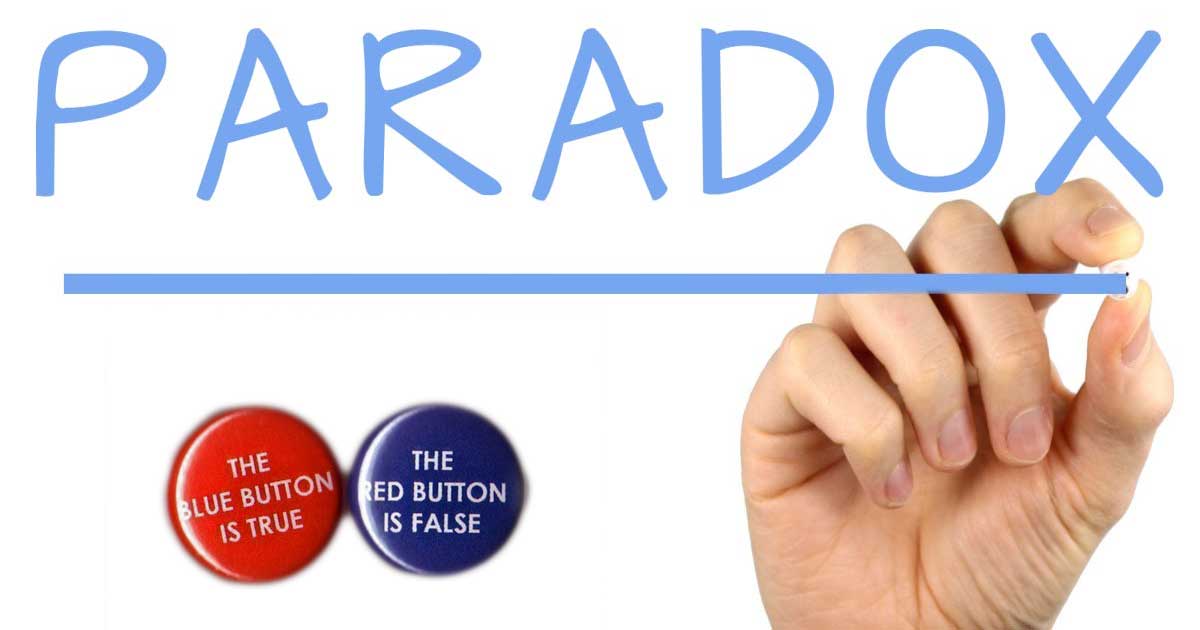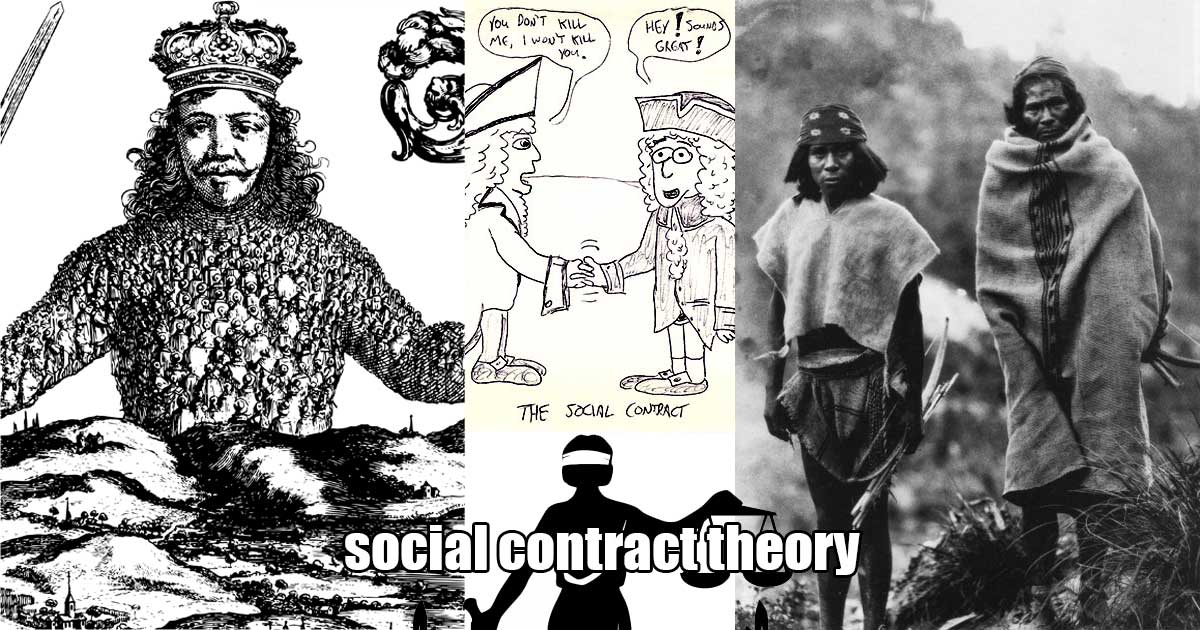Neoliberalism Explained

Neoliberalism is an economically-minded evolution of classical liberalism focused on deregulation, trade, and the private market. It is a “middle way” or “third way” between liberalism and conservatism.
Ludwig von Mises was an Austrian economist who was such a pure-libertarian that he once called Hayek, Friedman, and many other like-minds “a bunch of socialists”. That about sums it up.
More seriously, although I really was being serious above (Milton Friedman gives his account of the meeting at the Mont Pelerin in Switzerland here and here), Mises can be considered the father of the Austrian School of economic thought. Aside his more purely economic work, his overarching socioeconomic theory is that all socioeconomic systems arise from human action and that government essentially only mucks stuff up (“praxeology”).
He rejected socialism helping Austria to temporarily stave off the inevitable rise of fascists and communists before being driven out of Europe (he was an intellectual Jew) and landing in the states around the age of 60.
In the states he wrote his best works, including the classic Human Action.
Absolutism aside, his theories provide a brave, unique, and important counterbalance to those who favor state intervention in the private market. See Mises at Mises.org.

Neoliberalism is an economically-minded evolution of classical liberalism focused on deregulation, trade, and the private market. It is a “middle way” or “third way” between liberalism and conservatism.

In practice, human action often has paradoxical or unintended effects. Sometimes effects or side effects even have the exact opposite effect as intended.

Social Contract Theory is the theory of why people form governments based on how people lived in a State of Nature before government.

Political realism is dealing with politics as they are in reality, political idealism is dealing with politics as an ideal.